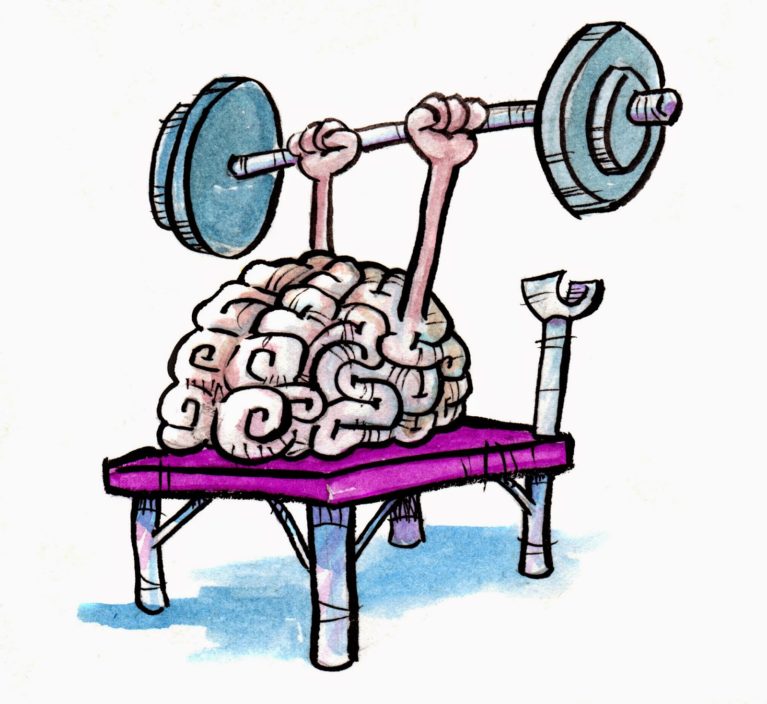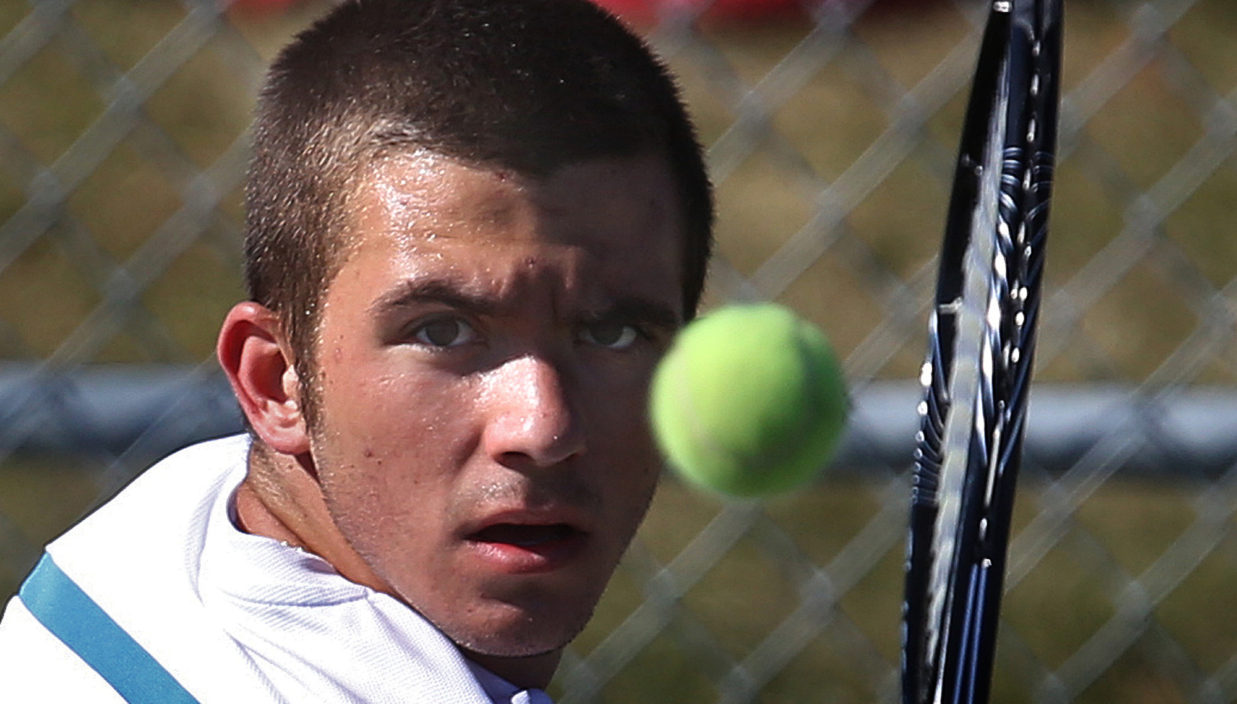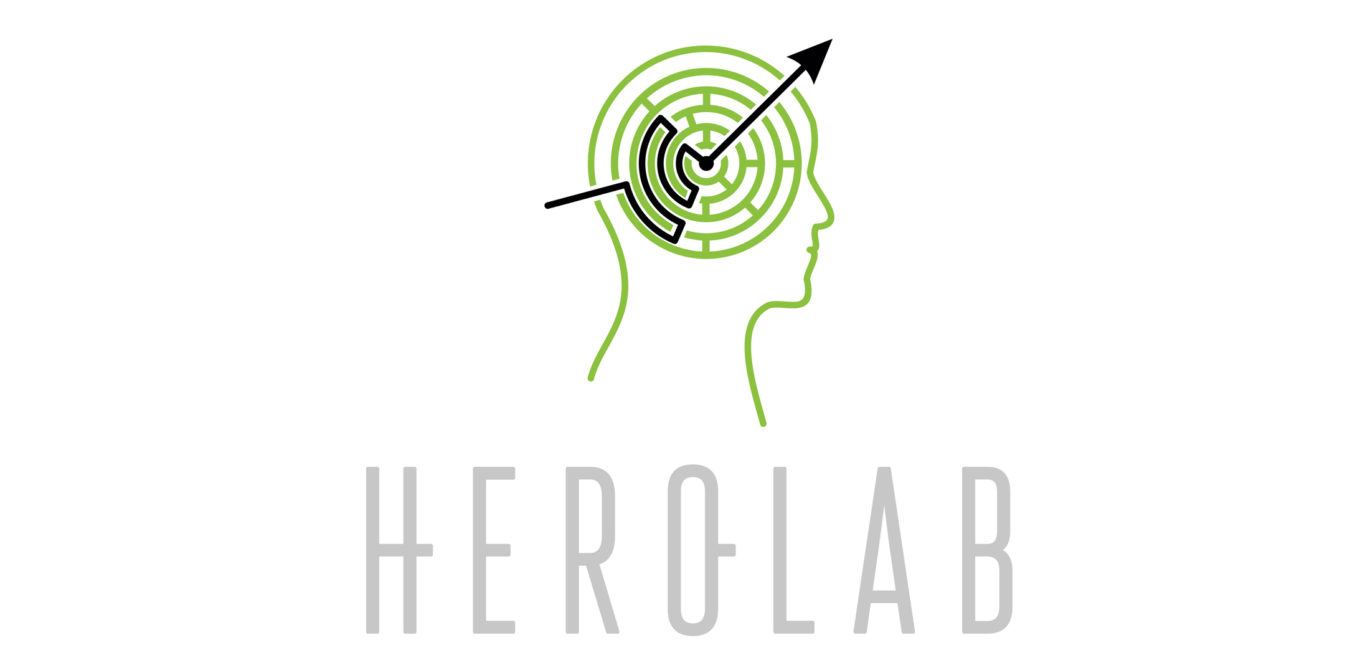The ability to Focus on the right things at the right time in the right way is the “Holy Grail” of human mental performance. Why is that? In a nutshell, Focus is the key to performance in any challenging or creative task. All of your other task independent Mental Skills essentially work to support mental focus directly or indirectly in one way or another.
Well developed Focus Control skills give you an intuitive sense of where your attention belongs at any given time. More importantly, the insights and tactics you learn will help your ability to recognize when you are distracted intuitively and help you return your focus to the relevant targets by reflex.
Developing focus control skills starts with learning how to identify the Relevant Focal Targets for any challenging or creative task that requires you to maintain mental focus while under pressure. Relevant Focal Targets or signals as we will call them might include your client, the beat of a song, the lights on a stage, the apex of a corner, the position of a ball, a puck, a wide receiver, a goaltender, a group of defenders. For others they could include a design, an idea, a strategy, trend, or statistic. As your task and/or the phases of your tasks change, so will the focal targets relevant to that particular task or phase. As you will learn later, a performers Stress Cycle (see post) includes several distinct phases that culminate in a performance. They go something like: Practice, Plan, Perform (aka Showtime), Rest, Recover, Learn, Repeat. For reasons known only to us we call this performance phase Showtime. Showtime is when you are called upon to perform under pressure in a skillful and intuitive manner. It is also when the ability to skillfully manage your mental focus is most critical. For some, Showtime might be a sales presentation, a speech, an exam, a big game, the final race, or even sometimes…a romantic date! It could require you to write, paint, create, design, dance, debug, debate, or critique. For others it might be time to hunt, fight, defend, detect, study, or simply compete. Regardless of the various (and important) task specific skills requires to succeed in any challenging or creative role, the most important task independent skill each of them requires is the ability to control focus. That means knowing your focal targets intuitively.
All focal targets also have an associated focal mode. We like to call these Look, See, Think, and Feel. Psychologists would refer to these same modes as Narrow-External, Wide-External, Narrow-Internal and Wide-Internal. Learning focal modes will give you one more cue, clue, or “tell” to help you to recognize the arrival of distractions and the onset of focal drift. The process of developing effective focal control skills essentially involves ingraining both your relevant focal targets as well as the distraction and mental noises that are most likely to “hijack” your focus at any given time. Besides the process of working methodically you can eventually recognize and even anticipate mental noise subconsciously, before they actually “get your attention”. With practice, you will be able to return your focus to pre-established targets automatically by reflex. Your Cognitive Log (see link) to build and maintain a list of the stress and distractions you can reasonably anticipate. The noise on your list might include simple interruptions such as loud audience members or a ping coming from your mobile device. Most human beings (ya that’s right…most) will find that a significant portion of the noise and distractions that negatively impact focus at Showtime originate inside their mind in the form of negative thoughts, worries, fears, and other types of mental and emotional stress. Items tagged as stressors or worries must be processed. Stress processing is the learning and recovery phase of your Stress Cycle (see post) that you will complete when time permits and the immediate pressure of performance or Showtime has subsided. These two lists form a signal-to-noise database you will maintain and update regularly. Finally, you will learn to develop your Focal Reset Routine (FRR), which is the Focus Control tool you will use most often when the pressure to perform is on. The FRR is a simple ritual or script that you can perform quickly whenever your focus drifts. It is a simple way to “bounce” your focus off of noise and back onto signal quickly and with minimum effort during Showtime. All of these tactics and tools are designed to help you lock your focus on target without awakening your “inner critic” or making you feel self conscious in the process.
The hard work and time you spend to develop your Focus Control skills payoff by helping you recognize and lock onto the signals that are relevant to your performance and, at the same time, ignore noise and distractions by reflex.
Could your Focus Control skills use a tune up? Get Herolab today!



Leave a comment